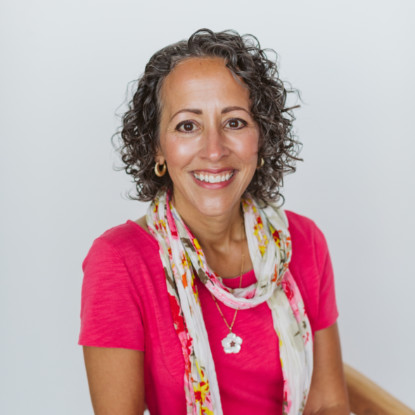Lessons from El Salvador for US university leaders facing attacks from Trump

Even before President Donald Trump took office, about the impact of his agenda on higher education.
Now they must lead their institutions in the wake of and directives that appear to undermine their authority and autonomy.
They include and the . The Trump administration has also proposed the .
These mandates contradict most university missions, which often include references to in service of democracy. But to oppose these directives.
As a psychology professor and a former dean focused on equitable educational access, I believe U.S. higher education leaders in Trump’s crosshairs would do well to reflect on the courage of university leaders in El Salvador who, during the 1980s, opposed injustice despite facing grave personal risks for doing so.
The Central American context
was at the center of Cold War politics. In the name of preventing the spread of communism, the country’s U.S.-backed oligarchy and military waged against people who pushed for human rights.
The ensuing civil war saw .
Before and during the conflict, universities that took the side of the poor and marginalized experienced intense backlash, including the revocation of funding and attacks on the reputation of university leaders.
These actions feel eerily similar to those being taken against U.S. universities today.
As, the heads of the in El Salvador offer a model of courageous leadership.
The university president, Ignacio Ellacuría, was a Jesuit priest and a renowned theologian and philosopher. His second in command, Ignacio Martín-Baró, also a Jesuit priest, was a social psychologist. Martín-Baró developed the field of , which argues that oppression in society must be addressed to enable mental health and well-being.
These leaders advanced ideas to create a more just society.
They didn’t serve the elite by reproducing a wealthy and educated upper class that would support the status quo. Instead, Ellacuría called for universities to center the in their teaching and social outreach.
These university leaders and their faculty to understand their plight and work toward a common, empowered future.Their leadership was remarkable. They persisted in their work despite being wrongfully labeled as . They were threatened with deportation and on campus.
Because of their efforts to promote justice, Ellacuría, Martín-Baró and six other people were by U.S.-trained military forces.
Elements of liberatory leadership
The Central American University leaders understood the power of their authority as scholars. But they didn’t use it to dominate others. They exercised their authority in service of the poor.
Martín-Baró created the to collect and disseminate survey data about citizens’ experiences. , respondents in the countryside reported high unemployment and the widespread sentiment that their condition had worsened over the past decade.
He also published research on the and war in El Salvador, including .
The university leaders and faculty did not distance themselves from the people.
Instead, they listened to their struggles and supported community groups such as the that organized to resist oppression.
A fundamental reason for the university’s involvement in the country’s struggles was its belief in the “.”
The theological concept upholds God’s love for all of humanity, which requires that God take sides. According to the theologian , a contributor to the , God does not remain neutral when people are oppressed, so neither should human leaders.
US higher education
These elements of liberatory leadership, I argue, can provide lessons for U.S. higher education leaders, even at U.S. secular institutions.
Rather than refrain from communicating with faculty and students, university leaders might acknowledge the fear and pain people are feeling in response to and .
University leaders might hold listening sessions to learn how executive orders are impacting faculty and students. In my experience as an executive coach, such listening sessions are uncommon due to fear of reprisal from politicians and other powerful stakeholders.
Rather than , they might conduct surveys to publicize the scope of the effects. Leaders could make public statements, rooting their arguments in the values espoused by their university mission statements.
That would run counter to declaring , which .
Yet, some leaders – and groups such as , for example – are “taking sides.” They are affirming the value of diversity and inclusion in a mission-aligned manner that is akin to voicing a preferential option for the poor.
To be sure, there are risks to this kind of leadership.
U.S. academic leaders may not face the same outcome as their counterparts in 1980s Central America, but they do risk their reputations and livelihoods for speaking out.
They may be called names or added to . Their institutions may be . They may be fired.
The Central American University leaders faced the same risks, yet they empowered people to continue to resist unjust actions. Among the ecclesial base communities, they remain an important example of leadership during troubled times.
Fear did not guide their actions. Freedom and truth did – values that are foundational to democracy.
This article was originally published in , a nonprofit independent news organization offering articles exclusively written by scholars.
